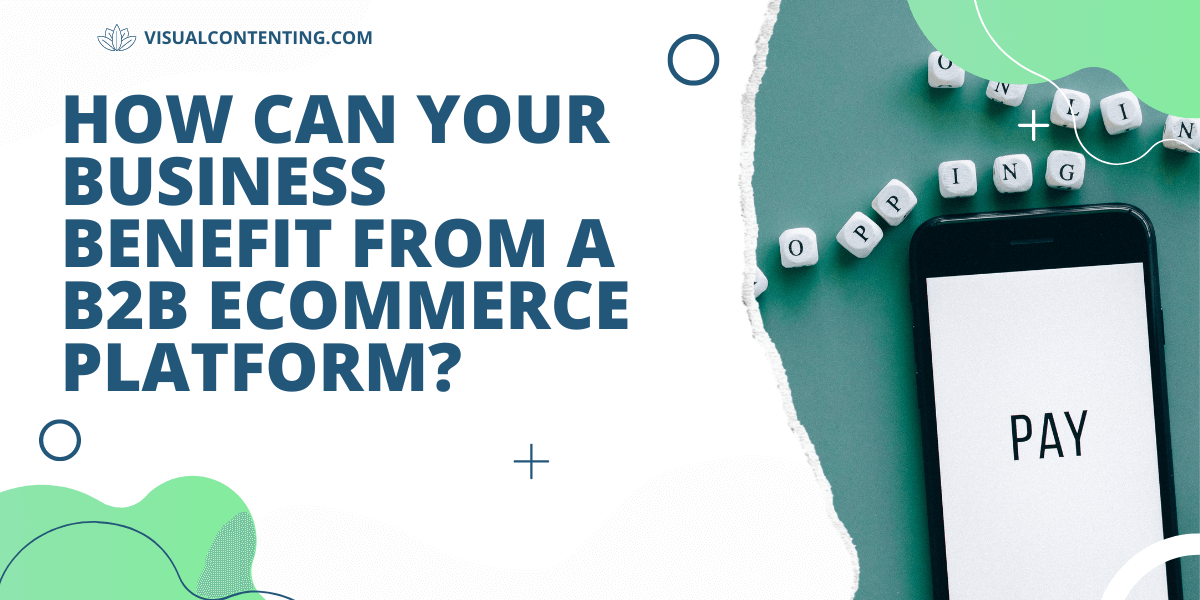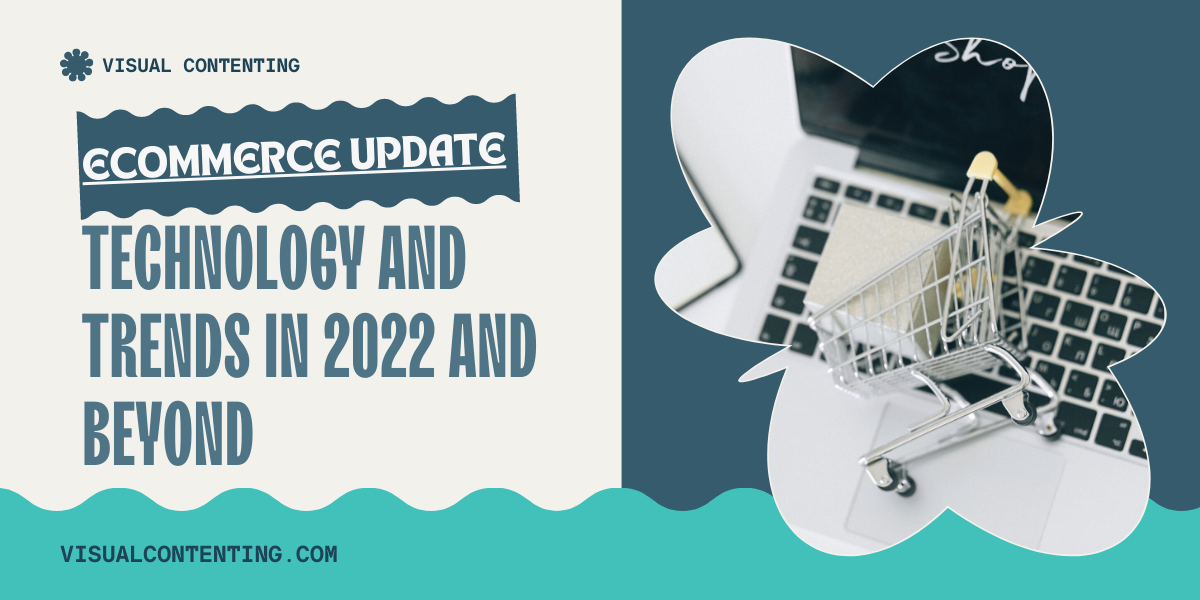The way e-commerce has transformed the business landscape is simply phenomenal. It has become an integral part of today’s everyday life. People are buying various items from the comfort of their homes, thus saving time and money. The boom in the digital economy coupled with the advancement in technology has paved the way for e-commerce to take the center stage. Buyers and sellers have come to a common platform, removed intermediaries, and built long-term relationships without actually physically meeting each other.
So far so good! The problem, however, is when it comes to e-commerce and social media, consumer data is at a grave risk. In general, security threats loom large from the very first click to connect to the internet. We have seen in the past how hackers robbed people’s bank accounts and how they misused customers’ data. Therefore, ensuring consumer protection in the web space is of paramount importance for e-commerce companies. They have to take this challenge as a war footing.
Security breaches are not new; government websites and digital archives are often heard to have been hacked around the world. This means e-commerce consumer data can easily be retrieved by cyber-criminals due to the growing volume of individual data across the network. According to Verizon’s 2012 Data Breach Investigations Report, 71% of the 855 data breaches it examined occurred with small businesses. Therefore, irrespective of size and financial health, the best solution and practices have to put in place so their customers remain safe and sound.
Here is 7 effective ways how e-commerce companies can protect consumer data:
1. Strong Policies for Data Protection
Government and agencies across the world have come up with different laws and policies regarding consumer data protection. Companies belonging to any jurisdiction must strictly follow these laws. Any nation’s limitation to protect consumers’ information should be addressed through cooperation, communication and multi-lateral agreements between them.
For example, the European Parliament and Council (EPC) have recently introduced the General Data Protection Regulation (GDPR) for data protection requirements. This law gives European citizens a greater control over their data, given that e-commerce activities have significantly increased.
Furthermore, the Organization for Economic Co-operation and Development (OECD) consistently encourages governments and companies to work together to update existing policies. It is looking forward to implementing new regulations that intend to achieve transparent and fair protection for consumers. OECD mandates that e-commerce companies must conduct their own research, or consult qualified professionals or consumer protection agencies for protecting user data.
2. PCI DSS Compliance
The Payment Card Industry Data Security Standard (PCI DSS) is a compliance that is applicable to companies of any size that accept credit card payments. In other words, PCI DSS is a widely accepted set of procedures aimed to optimize the security of transactions of credit or debit cardholders. So companies need to choose a safe and secure e-commerce platform that has necessary and strict compliance with PCI DSS. E-commerce businesses need to make sure a secure network is maintained in which transactions can be conducted. This is where firewalls are required that are robust enough to be effective without causing inconvenience to cardholders. You may want to invest in pci secure coding training to make sure your developers are always up to speed with the latest technologies.
Cardholder information must be protected wherever it is stored. Social Security numbers, phone numbers and mailing addresses should be secure against hacking. Companies have to focus on anti-spyware programs and anti-malware solutions to prevent the activities of malicious hackers. All the applications used by the e-commerce firms must be free from bugs and other vulnerabilities that might provide the possibilities for hackers to sneak in. PCI DSS compliance also mandates the access to system information and operations should be restricted and controlled. Also, the PCI compliance suggests web hosting provider should be monitoring and updating their systems to accommodate any security vulnerabilities.
3. Patch Management Up-Gradation
Patch management refers to a strategy for managing patches or upgrades for software applications and technologies. It is mostly done by companies as part of their internal efforts to fix problems with different versions of software programs. It is also to detect any potential lack of security features or other upgrades. Patches of software can close ports, disable critical pieces of infrastructure, or crash systems – potential scenarios that could render e-commerce companies unable to handle transactions.
According to the International Consortium for Advancement of Cyber-security on the Internet (ICASI), there are a series of vulnerabilities for WPA and WPA2, which is called KRACK (Key Reinstallation Attack). It can pose a serious threat to the users’ data, especially in e-commerce companies. Cyber-criminals can exploit the WPA2 vulnerability to decode a humongous pool of data, such as credit cards, passwords, email addresses and more.
E-retailers should make sure that their customers’ data is protected from guest Wi-Fi systems when they connect to their stores. This can be done by patching their networks to protect vulnerable equipment. In its 2017 white paper “Technology Insight for Patch Management Tools”, Gartner reports that 99% of exploits are based on known vulnerabilities. Many of them have patches that fix them.
4. Incorporating Threat Intelligence
Threat intelligence can be one of the key tools for preventing attacks on the sensitive information regarding consumer data.
What exactly is “threat intelligence (TI)”?
It is basically an evidence-based knowledge, including contexts, mechanisms, indicators, and actionable advice about impending hazard to consumers’/assets’ data security. Threat intelligence processes a stream of unsorted data by applying human analysis to it. To make the best use of TI, organizations need to have a certain maturity level in terms of security. Thus, the security can be best managed by a security operations centre (SoC).
TI consists of continuous monitoring, organized research, and threat analysis. A good example of threat intelligence at work is when IDG, a media company, was attacked by Syrian Electronic Army, TI predicted the attacks, defined the attack vectors, and identified the countermeasures that should be implemented.
Threat intelligence is also important because attackers can easily find a way to penetrate the networks of e-commerce firms at their will. It just takes one employee clicking on the wrong e-mail link, and the damage is done. Attackers straightaway gain access to the company’s networks and database. Companies can also use threat intelligence to see what kind of data the hackers are most likely to target in their business sector.
5. Powerful Encryption Technology
E-commerce companies need end-to-end encryption as a fundamental tool among their data protection practices. Encryption refers to the process of converting normal data into “Cipher text”, making it impossible for others to read, interpret, or exploit until it is decrypted back into its original form. So by looking at the groundswell of the use of e-commerce activities, the need for encryption of customer data increases as well. Customers have a majority of their personal information tied to their purchase history, like credit card info and much more.
Due to encryption, hackers are kept from breaching the initial security of these websites to access all of this information. However, the attackers are increasingly working to develop more sophisticated algorithms that can even decrypt the current encryption techniques. Therefore, companies should continuously review new technologies and implement even more powerful encryption and data security solution.
Encryption should happen anytime details are being entered into a form (live chat, order forms, logging into a customer account, etc). Thus, e-commerce websites’ login pages should be encrypted. When it comes to data transmission, encryption acts like a friend. Whether for back-up or for website management, e-commerce companies should always use encrypted protocols – like SFTP instead of just FTP, and HTTPS rather than just HTTP, and SSH with a secure tool like OpenSSH.
6. Keeping Websites Up-To-Date
Updating e-commerce websites is important not just for increasing their aesthetic appeal for attracting customers, but for security purpose as well. Businesses need to regularly test their site’s security and improve their website’s extension updates, whether they are using any CMS. Keeping security practices up-to-date regarding the changes and trends in the data security world makes them more innovative in terms of data protection. Using the most recent version of cPanel can benefit the e-commerce companies from all of the bug fixes and enhancements for security. Thus a reliable cPanel hosting can help make this easy by including the “Upgrade to Latest Version” option on the cPanel homepage.
When the e-commerce companies update their websites with trending products in their online inventories, more people visit to check them out. They might probably buy them. As a result, a wealth of their personal info remains with the websites. This can be exploited if security updates are not properly placed by the businesses. Just because the website is up and running doesn’t mean it is perfectly secured. Software upgrade is an ongoing process. Popular e-commerce tools like Magento, WooCommerce, WordPress, etc. issue regular updates which you should look into.
7. Educating Customers
One of the powerful ways to protect consumers’ data is to provide them with tools and necessary knowledge so that they can protect themselves. E-commerce companies should be open and transparent about their website and customer service representatives. They should keep intimating their consumers by sending them regular emails and educating them about phishing attacks. It is also important to respond to complaints and customer questions in quick time. This makes sure attackers have no time to impersonate as companies in order to target the desperate consumers. Customers should be thoroughly informed about the reason for collecting a particular of data. And how it would be put to use. They need to be taught how to identify suspicious behaviors on e-commerce websites so they could immediately inform the concerned personnel.
Conclusion
The ever-rising e-commerce industry has certainly impacted the world economy in a big way. It has given a new direction to businesses and breathed a life of fresh opportunities to hundreds of budding entrepreneurs. However, e-commerce companies possess an enormous amount of consumer data, their personal information, and sensitive knowledge. This vast information can be hacked, exploited and misused by cyber-criminals for their personal use. Therefore, a great deal of responsibility falls upon e-commerce businesses to put security systems in place and safeguard valuable consumer data.
Related Posts

Smith Willas is a freelance writer, blogger, and digital media journalist. He has a management degree in Supply Chain & Operations Management and Marketing and boasts a wide-ranging background in digital media.







